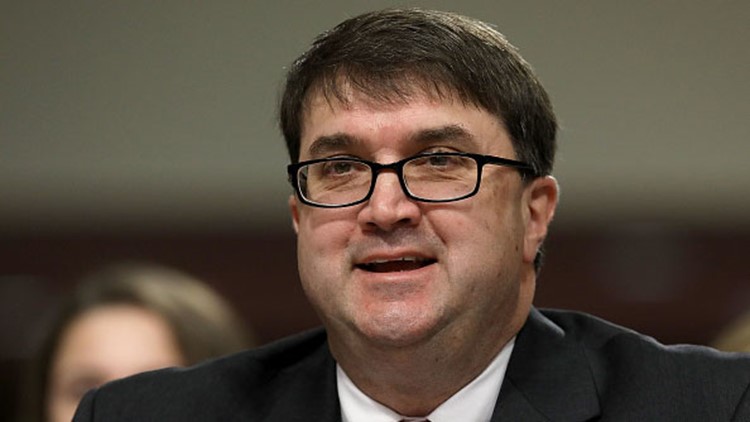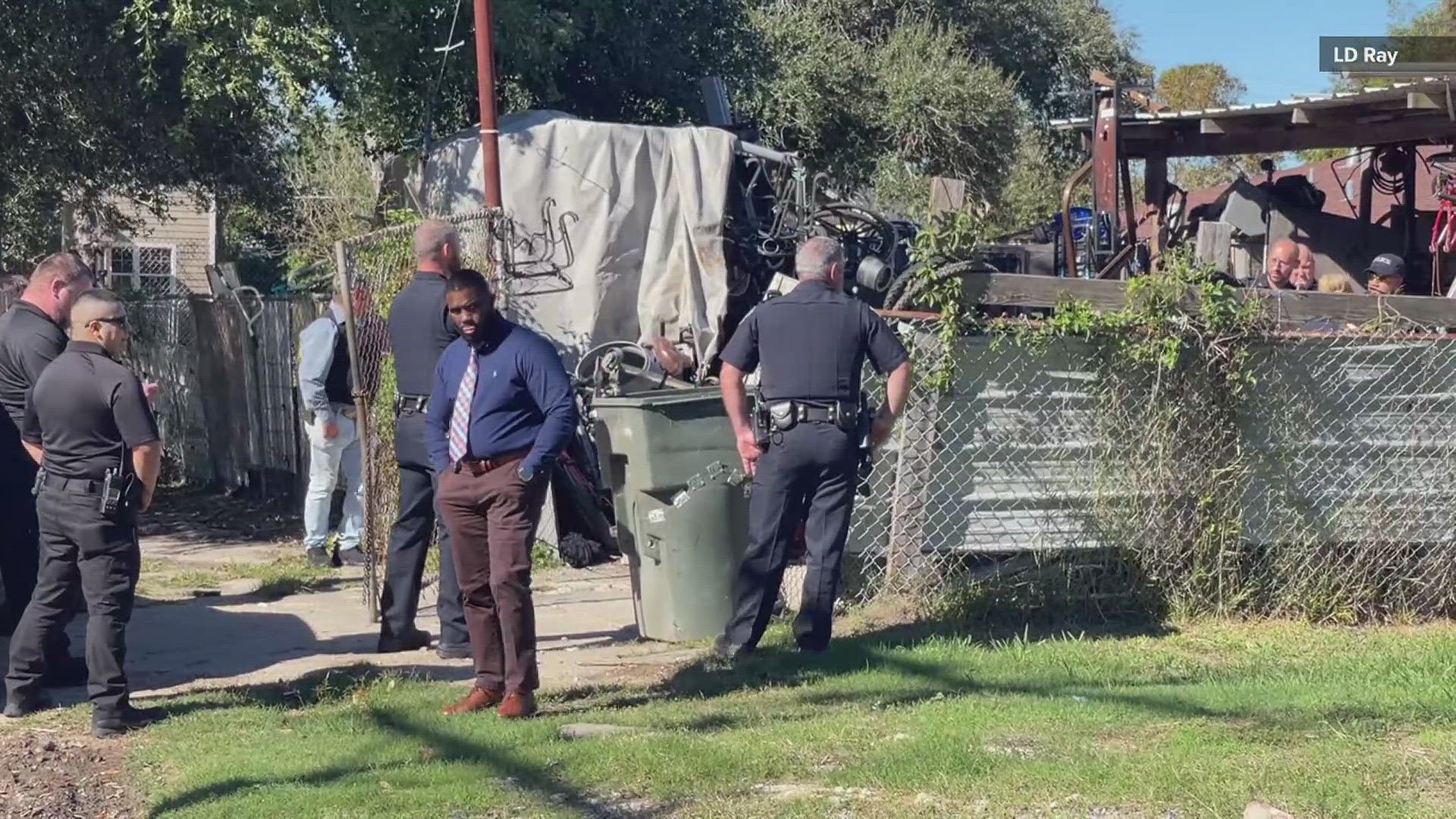WASHINGTON — The Senate on Monday confirmed Robert Wilkie to be the next secretary of the Department of Veterans Affairs.
Wilkie, previously an undersecretary at the Pentagon, is the fourth VA secretary in five years and has a lot of work ahead of him to modernize the agency and deliver on President Donald Trump’s campaign promises to provide better, more timely care and services to veterans.
The VA, the second largest federal agency behind the Department of Defense, continues to grapple with staffing shortages and bureaucratic obstacles to improvement.
Last month, the VA inspector general concluded the agency has more than 2,300 clinical vacancies. As of July 1, nearly 700,000 veterans were waiting longer than a month for appointments. Some 76,000 of those were waiting longer than six months.
And the agency has yet to implement a comprehensive reorganization plan to provide greater accountability following an inspector general report this spring that found VA officials at local, regional and national levels knew for years about dangerous conditions at the VA hospital in Washington, D.C. but did not fix them.
The breakdowns were not unique to Washington. Problems with care festered for years at VA hospitals in Manchester, New Hampshire; Roseburg, Oregon; and Phoenix. In Washington, the inspector general found “a culture of complacency and a sense of futility pervaded offices at multiple levels.”
Last month, USA TODAY and The Boston Globe revealed secret internal VA ratings that showed care at the agency’s 133 nursing homes falls below private sector nursing homes on a majority of quality indicators, including rates of pain and residents' deterioration.
Agency officials argued that veteran residents typically are sicker than their counterparts in the private sector but said improvements are underway. The House VA committee has launched an investigation.
Wilkie also faces an uphill political battle over the future of VA-funded care in the private sector. He will be responsible for creating regulations dictating when veterans can access private care under a law signed by Trump in June.
Future funding for the program is stuck in a congressional committee with Republicans urging that money for private care be prioritized and Democrats accusing them of draining critical resources from the VA to do it.
At his confirmation hearing last month, Wilkie said he believes the most significant challenges facing the VA are "administrative and bureaucratic."
He said he will rely on his experience as undersecretary of defense for personnel and readiness to improve morale and make the VA more nimble.
"For the VA to thrive as an integrated health care network, it must be agile and adaptive," he said.
Trump released a statement Monday evening saying, "Mr. Wilkie has dedicated his life to serving his country with honor and pride. He has displayed great patriotism and a commitment to supporting and empowering America’s armed forces and veterans. Under his leadership, I have no doubt that the Department of Veterans Affairs will continue to make strides in honoring and protecting the heroic men and women who have served our Nation with distinction."
Wilkie’s confirmation also was applauded by veterans’ groups, including the American Legion.
“We look forward to working closely with Secretary Wilkie and his staff to ensure America’s veterans receive the healthcare, education, and other benefits they have earned through their selfless service to our great nation,” Denise Rohan, the Legion’s national commander, said in a statement.



